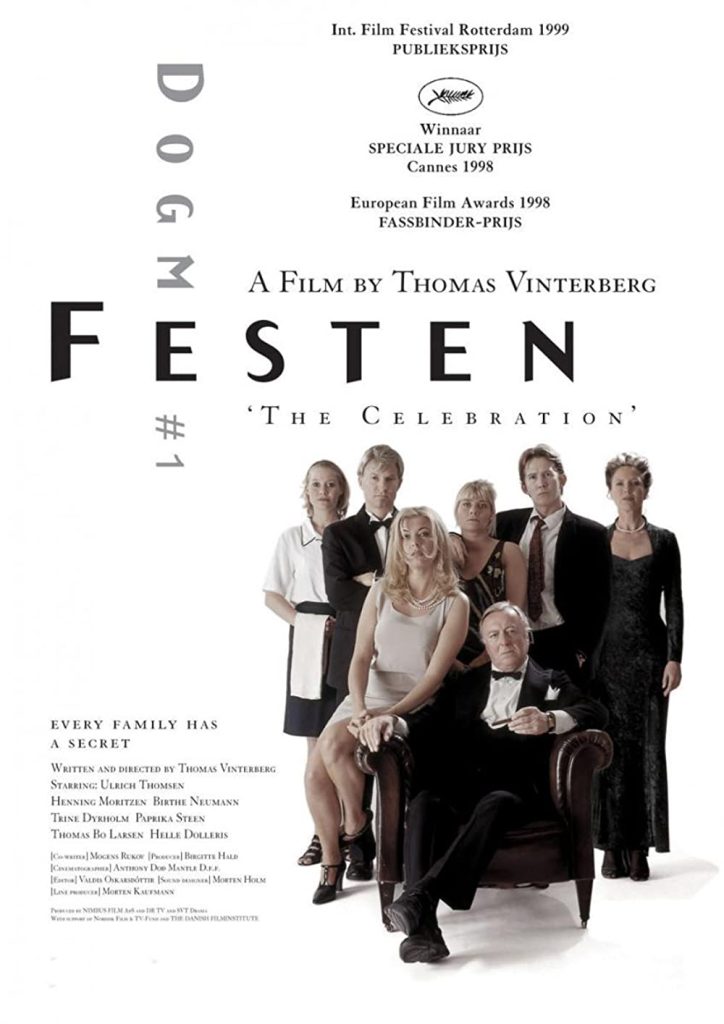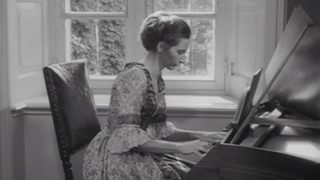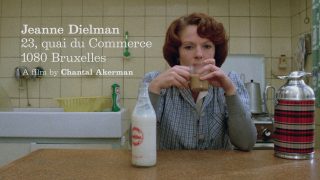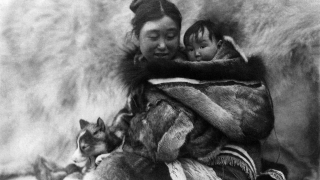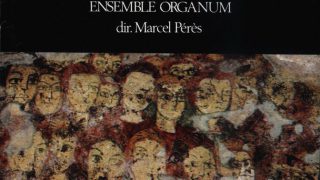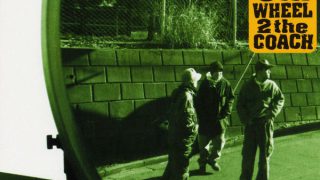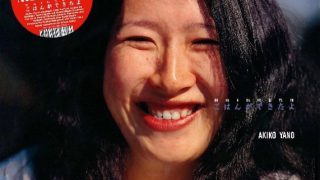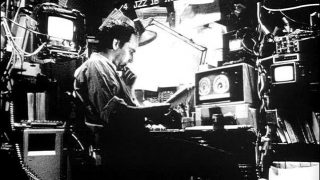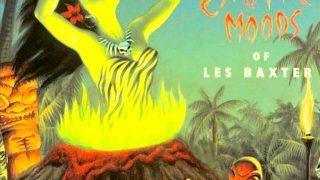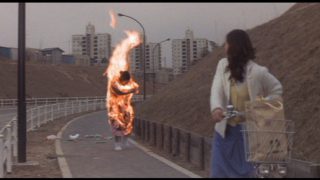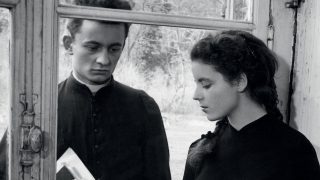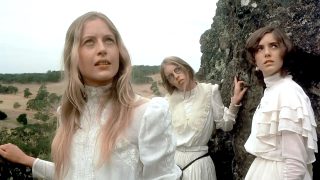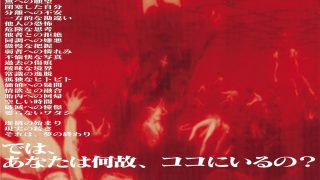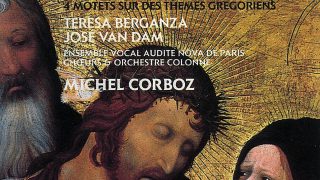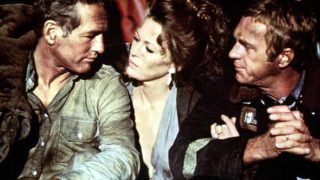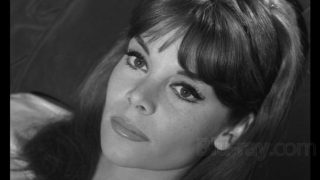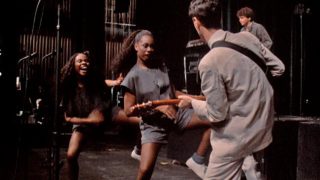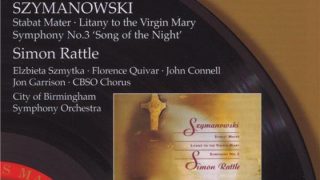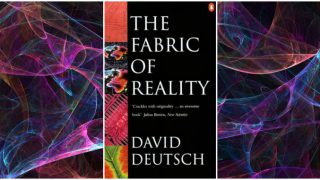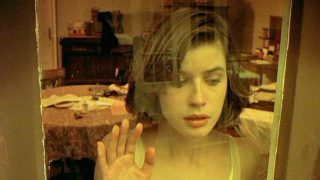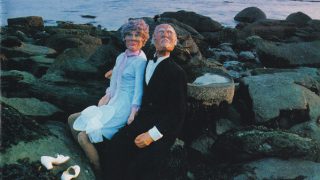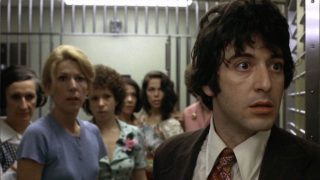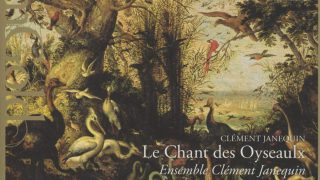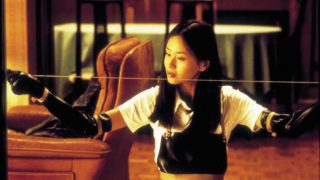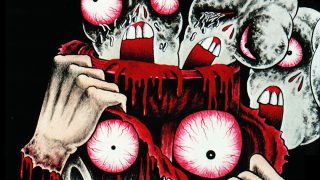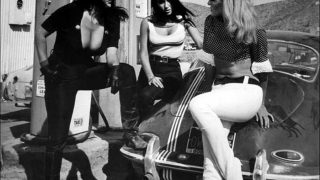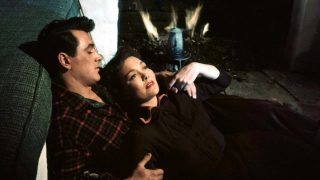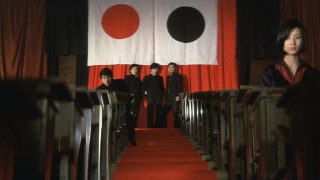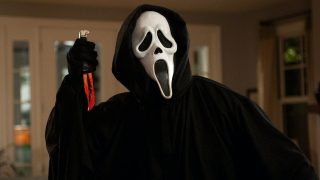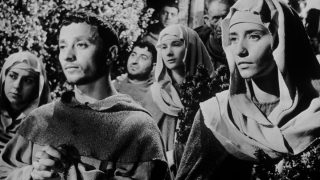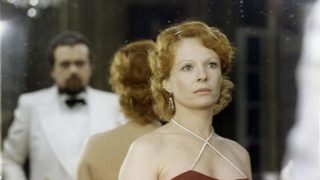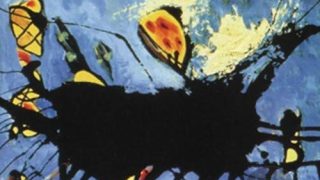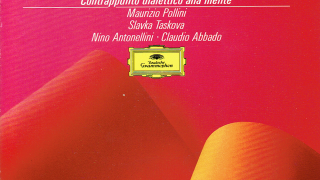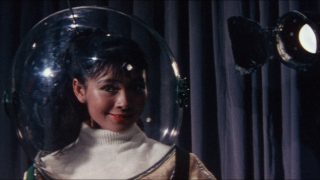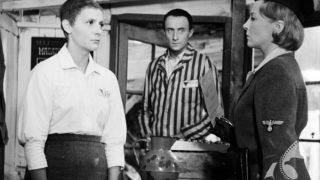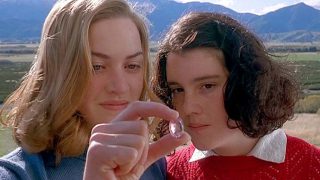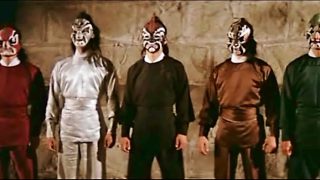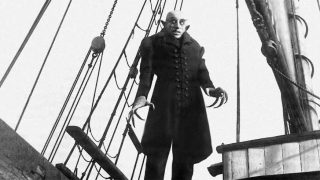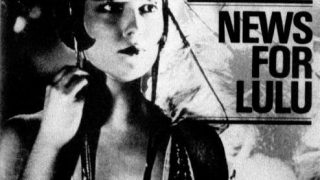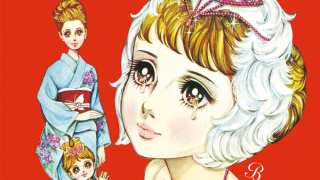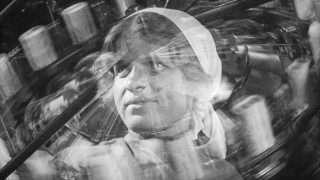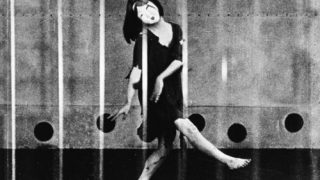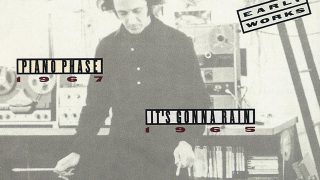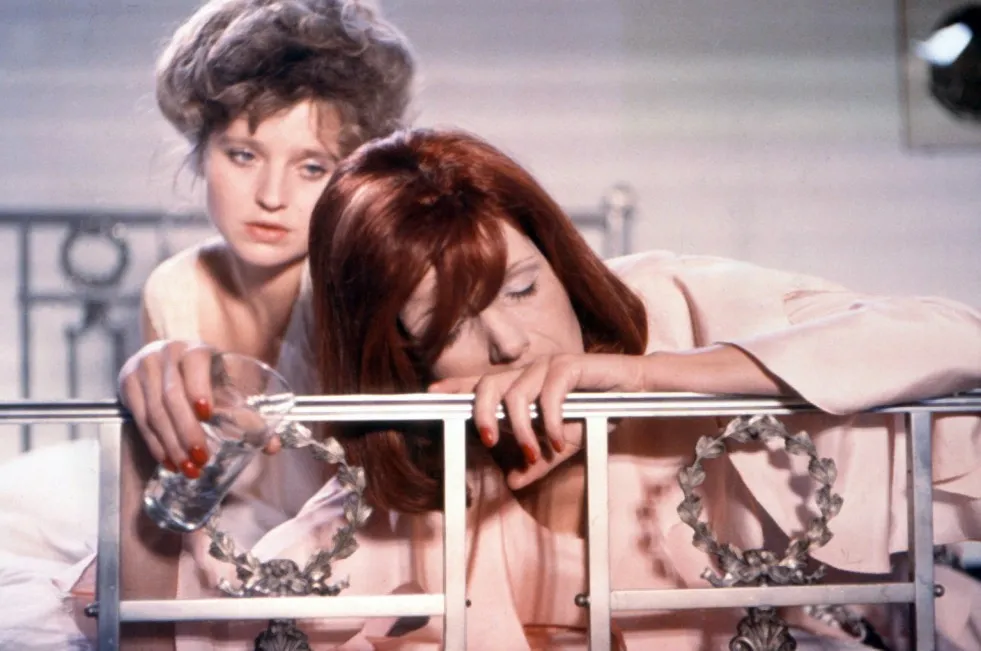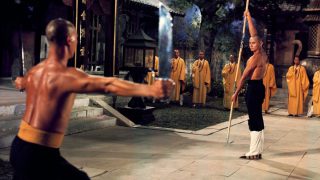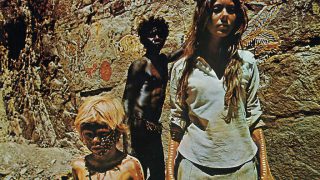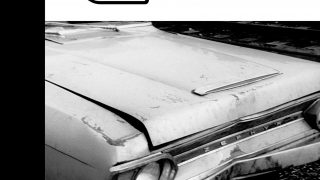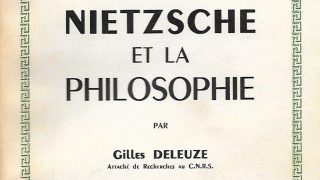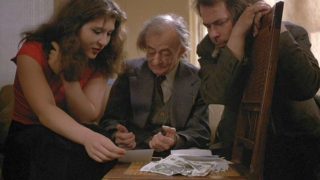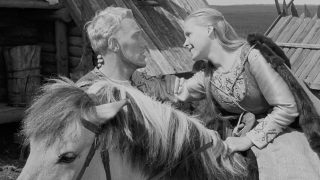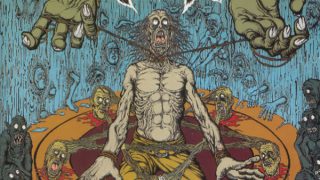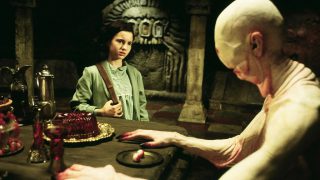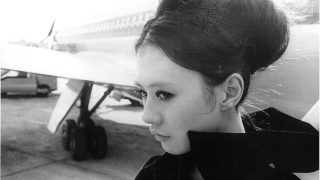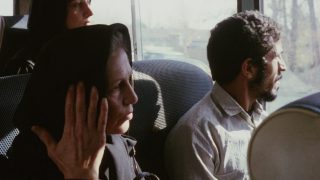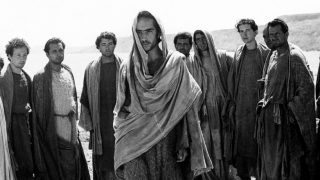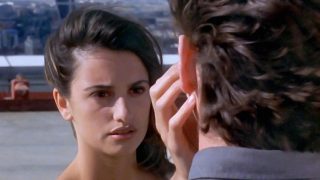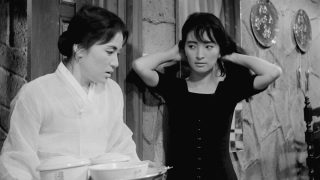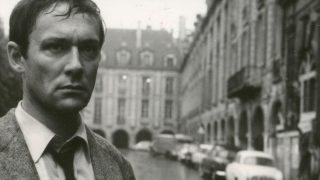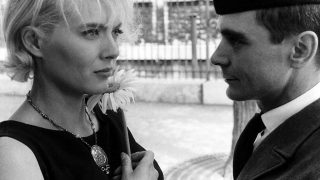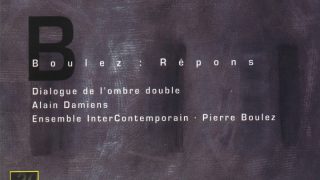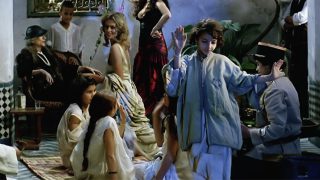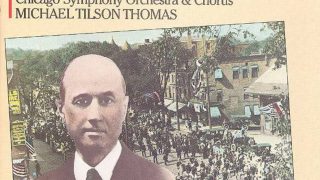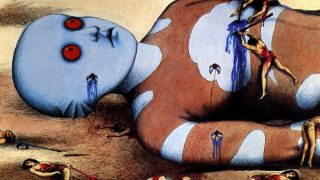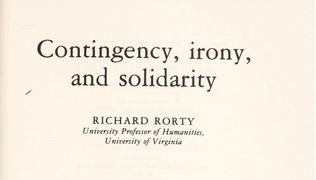Overview
“The Celebration” (Danish: Festen) is a 1998 Danish black comedy film.
A celebration for the 60th birthday of a Danish steel magnate, Helge Klingenfeldt-Hansen, is held at his large countryside mansion. At the dinner party, eldest son Christian reveals that he and his twin sister Linda, who killed herself, were sexually abused by their father Helge when they were children. The celebration turns into a battleground where family members clash with each other.
It is known as the first installment of the “Dogme 95”, a naturalistic filmmaking movement founded by four Danish directors, Lars von Trier, Thomas Vinterberg, Kristian Levring, and Søren Kragh-Jacobsen in 1995. It is composed of footage shot using a handheld camera.
Directed by Thomas Vinterberg (uncredited under the rule of Dogme 95). Produced by Nimbus Film.
Starring Ulrich Thomsen, Henning Moritzen, Thomas Bo Larsen, Paprika Steen, Birthe Neumann, Helle Dolleris, and Trine Dyrholm.
Screenplay by Thomas Vinterberg and Mogens Rukov. Cinematography by Anthony Dod Mantle.
The languages are Danish, Germany and English. 105 minutes.
The film was screened in the competition section at the 51st Cannes International Film Festival in 1998, and won the Jury Prize.
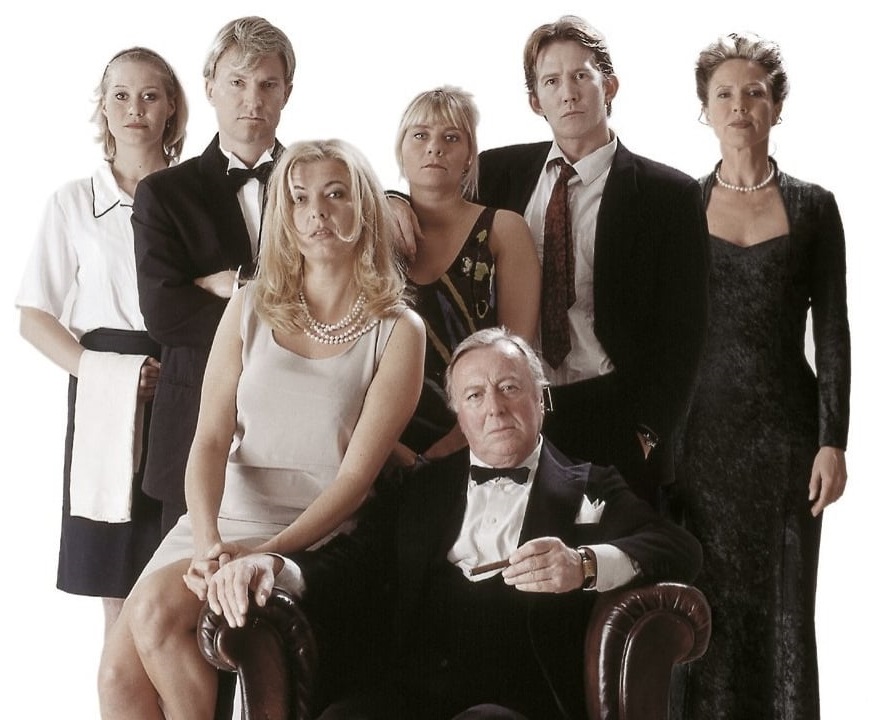
Plot
A celebration for the 60th birthday of a Danish steel magnate, Helge Klingenfeldt-Hansen (Henning Moritzen), is held at his large countryside mansion. His family and lots of relatives and friends gather to attend the celebration.
Eldest son Christian (Ulrich Thomsen), who runs a restaurant in Paris, younger son Michael (Thomas Bo Larsen), and daughter Helene (Paprika Steen) come to the mansion where their father lives with his wife Else (Birthe Neumann). Michael brings his wife Mette (Helle Dolleris) and his three children with him.
Christian’s twin sister Linda took her own life in a room of the mansion a few months ago.
In the mansion, Christian’s lover Pia (Trine Dyrholm) and Michael’s mistress Michelle are working as waitresses. Christian’s childhood friend Kim is working as a chef in the kitchen.
Helene finds Linda’s suicide note hidden in the room which Linda had lived in. Helene reads it and sheds tears. She hides it in a medicine bottle in her bag.
A feast begins. After Helge delivers an opening address, Christian makes a speech. He says that his father Helge raped him and Linda while bathing when they were children. The invited guests are confused.
Kim knows his childhood friend Christian had been sexually abused by Helge. Kim makes Michelle and Pia steal all of the invited guests’ car keys so that they won’t go home.
Helene’s African-American boyfriend, Gbatokai, arrives at the mansion by taxi. Michael develops a racist attitude to Gbatokai, and he sings the racist song “Jeg har set en rigtig negermand (I have seen a real negro man)” with partygoers. Helene gets enraged and shouts at Michael, “Nazi bastard!”
Christian makes a toast at the party. He indicates that Helge drove Linda to suicide by calling Helge “the man who killed my sister”. The invited guests leave the party and try to go home, but they are forced to stay at the mansion because they don’t have their car keys.
Helge’s wife Else makes a speech at the party. She accuses Christian of making things up, and she tells Christian to apologize to his father, but Christian accuses Else of knowing about the abuse yet not intervening to stop it.
The conflict between family members eventually escalates into violence.
Commentary
The plot of the film “The Celebration” was based on a story told by a man named “Allan” as a victim of childhood sexual abuse on a Danish National Radio (DR) program “Koplevs Krydsfelt (Koplev’s Crossroads)” in 1996. However, in 2002, it was revealed that Allan’s story was a complete fabrication.
The film was filmed on location at Skjoldenæsholm Castle in Jystrup, Denmark.
The film is based on the ten rules (the Ten Commandments) of Dogme 95, called “Vow of Chastity”. The rules are as follows:
- Shooting must be done on location. Props and sets must not be brought in (if a particular prop is necessary for the story, a location must be chosen where this prop is to be found).
- The sound must never be produced apart from the images or vice versa. (Music must not be used unless it occurs where the scene is being shot.)
- The camera must be hand-held. Any movement or immobility attainable in the hand is permitted.
- The film must be in color. Special lighting is not acceptable. (If there is too little light for exposure the scene must be cut or a single lamp be attached to the camera.)
- Optical work and filters are forbidden.
- The film must not contain superficial action. (Murders, weapons, etc. must not occur.)
- Temporal and geographical alienation are forbidden. (That is to say that the film takes place here and now.)
- Genre movies are not acceptable.
- The film format must be Academy 35 mm.
- The director must not be credited.
However, in the film, there is a scene with a covered window. It broke the Dogme 95 rules.
The film depicts a series of events that occurred in and out of Helge’s mansion as dramas with an ensemble cast in chronological order (from the dinner party to the next morning).
The film was filmed with natural light and sound by using a handheld digital video camera (Sony DCR-PC3 Handycam). Though its grainy footage is like a homemade video at that time, this naturalistic shooting style gives the film reality and a you-are-there feeling.
Though the film deals with serious subjects, such as sexual abuse, suicide, and racism, it gives a comical impression on the whole.
The setting that invited guests can’t go home is reminiscent of Luis Buñuel’s “El ángel exterminador (The Exterminating Angel)” (1962).
The film won many film awards, including the Jury Prize in the 51st Cannes International Film Festival, Best Foreign Language Film in the 64th New York Film Critics Circle Awards, and Best Foreign Film in the 24th Los Angeles Film Critics Association Awards.
